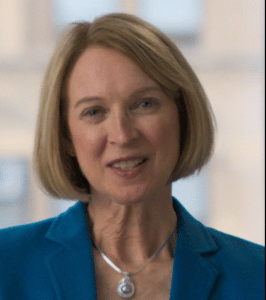Why Is empathy a four-letter word?

When did American society become so apathetic to one another’s death, pain, or sadness?
Think of the number of people online who cheered at Charlie Kirk’s assassination recently. Yet, Kirk, Turning Point USA CEO and co-founder, was widely quoted as saying "I can't stand the word empathy, actually. I think empathy is a made-up, new age term that—it does a lot of damage."
In the wake of Kirk’s death, President Trump was asked on Fox & Friends how to “fix this country” and “come back together.” His answer was “I couldn’t care less.”
Earlier this year, Elon Musk commented on Joe Rogan’s show that “the fundamental weakness of Western civilizat...
Want to keep reading this article from New England Psychologist?
Login below or subscribe today to support independent journalism!
